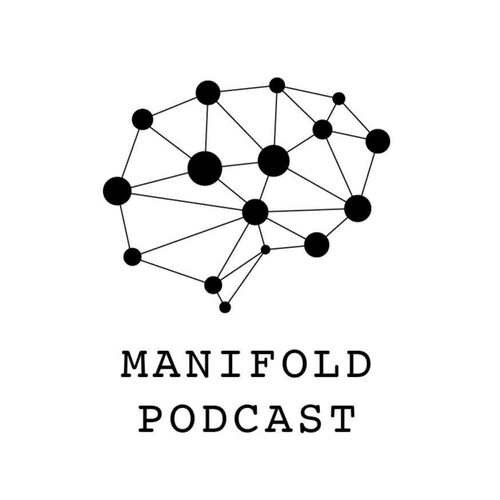
 Manifold
Manifold Misha Laskin, Reflection.ai — From Physics to SuperIntelligence
27 snips
Mar 13, 2025 Misha Laskin, CEO of Reflection.ai, has a stellar background in theoretical physics, AI research, and deep learning, having worked at institutions like Google DeepMind. He shares his fascinating journey from physics to AI, emphasizing the challenges and rewards of this transition. The discussion dives into the evolution of AI, including the rise of Transformer models and reinforcement learning. Misha also reflects on the future of machine learning, data usage, and the importance of simplicity in problem-solving within AI, giving insights from both physics and technology.
AI Snips
Chapters
Transcript
Episode notes
AlphaGo Inspiration
- Misha Laskin, after his first startup, felt lost and unsure of his direction.
- Seeing AlphaGo's success inspired him to dedicate himself to AI, viewing it as impactful science.
AI's Academic Roots
- In the pre-large language model era, AI research felt more academic.
- Misha Laskin chose a Berkeley postdoc over OpenAI's program to maximize his learning.
RL's Early Dominance
- While transformers were emerging, reinforcement learning (RL) was the main focus in AI due to AlphaGo's breakthroughs.
- The potential of transformers for language understanding wasn't fully recognized yet.

